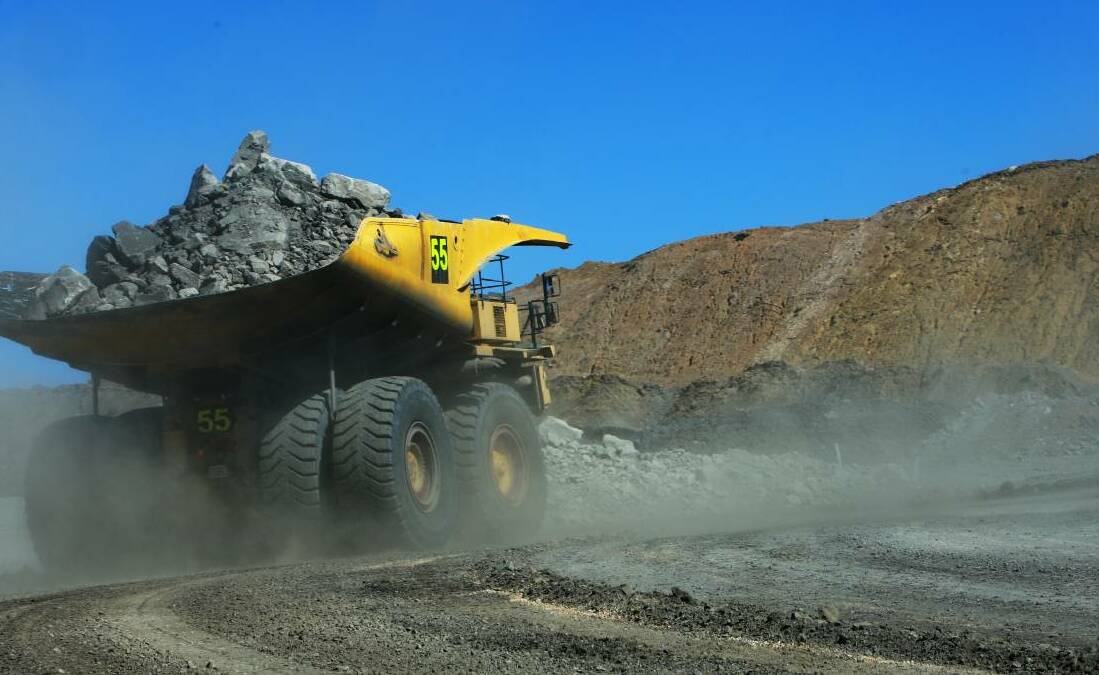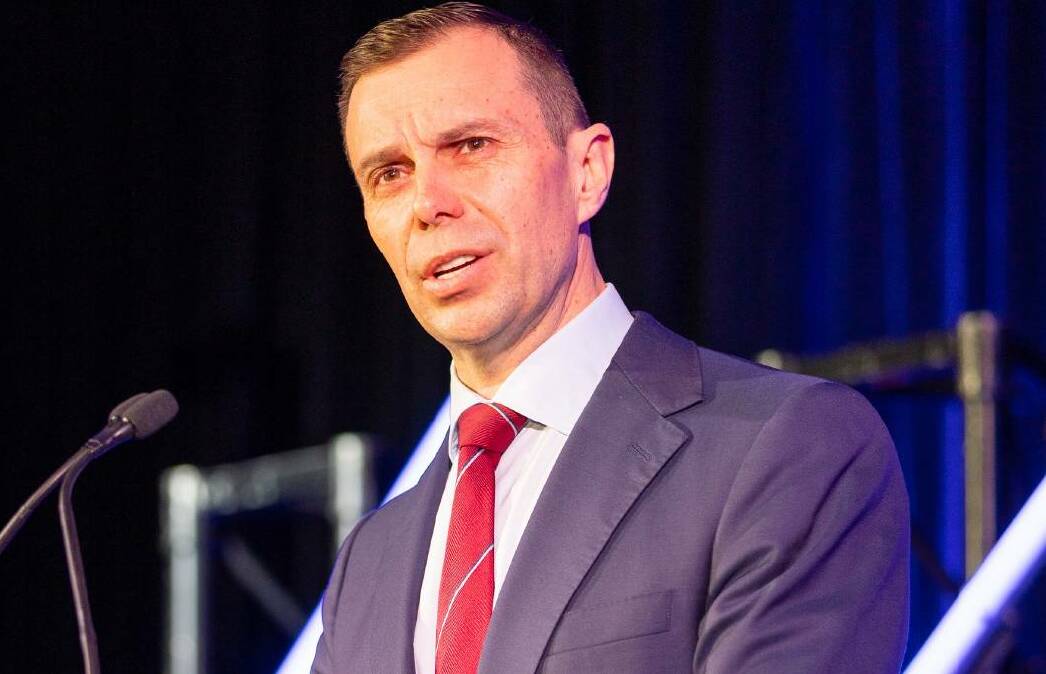Hunter communities undergoing unprecedented social and economic upheaval due to the clean energy transition would be the main beneficiaries of a progressive coal royalty system, the head of Climate Energy Finance has argued.
The NSW government is investigating increasing mining royalties as part of an effort to boost the state's bottom line when the temporary cap on coal prices implemented to curb soaring electricity prices expires.
This could involve the introduction of progressive royalties, which would require coal companies to pay more as the coal price increases.

It comes a year after Queensland increased taxes on coalminers and rode a commodities boom which helped to deliver a $12 billion state budget surplus last month.
Despite that, the NSW Minerals Council is fiercely opposed to progressive royalties arguing that a Queensland-style system would be counterproductive to the industry and the wider community.
If it had been introduced, it would have taken projected royalty income from $4.05 billion to $25 billion.
"That $25 billion would have not only paid off the entire state deficit, but they could have put aside $10 to $15 billion for alleviating energy poverty and energy transition in the Hunter."
Even though the coal price has fallen to about $US130 a tonne, Mr Buckley estimates the progressive royalties would still deliver hundreds of millions of dollars to the region that produces the coal as well as alleviating energy prices and helping to reduce the state's debt.
"It is ridiculous that the coal industry has extracted $14 billion gross profit in the last 12 months using our public assets and only have to pay a flat 7 per cent royalty. It's unbelievable corruption of our democracy that billionaires sitting in Switzerland and Germany can behave like war profiteers and the 8 million people in NSW and the communities that are most affected are getting absolutely screwed in the process," he said.

The NSW Greens have also called for increased coal royalties.
"At a time when fossil fuel companies were gouging NSW households with extortionate prices, driving households into energy poverty and contributing to surging inflation, Labor made a deal with the devil - signing a pact with coal companies to leave royalty rates at disproportionately low rates to secure an ineffective coal price cap, while warding off a pre-election attack campaign from the deep-pocketed fossil fuel lobby," Greens spokesperson for Energy and Treasury, FInance and Economy Abigail Boyd said.
"The fact is that NSW has missed out on billions of dollars in additional revenue by failing to follow Queensland and increasing royalties while coal prices were high. We're now playing catch-up and NSW Labor is going to need to show some courage and lead the country in implementing significantly stronger rates on royalties - that's what the Greens will be pushing for."
NSW Minerals Council chief executive Stephen Galilee said the coal industry directly employed nearly 30,000 people in NSW and supported 180,000 indirect jobs. Coal remained the state's most valuable export commodity by far, and continued to deliver over 70 percent of electricity used in homes and businesses across NSW.

"The existing arrangements deliver increased royalties when coal prices are higher, as seen last financial year when a record $5.5bn in royalties were collected during a time of record high coal prices. The existing arrangements also generally maintain the global competitiveness of the NSW coal sector - protecting jobs, investment and the NSW economy," he said.
"However, noting the NSW government's intention to consider changes for when the coal cap concludes, the consultation process is positive and appreciated."







